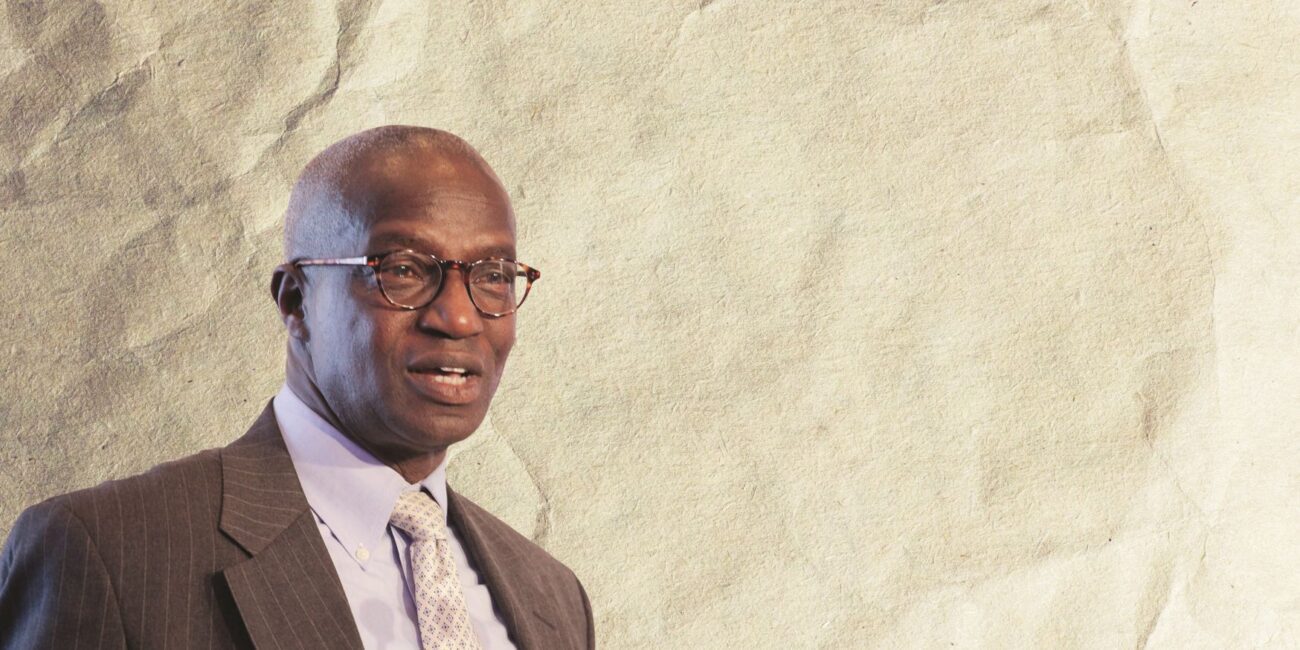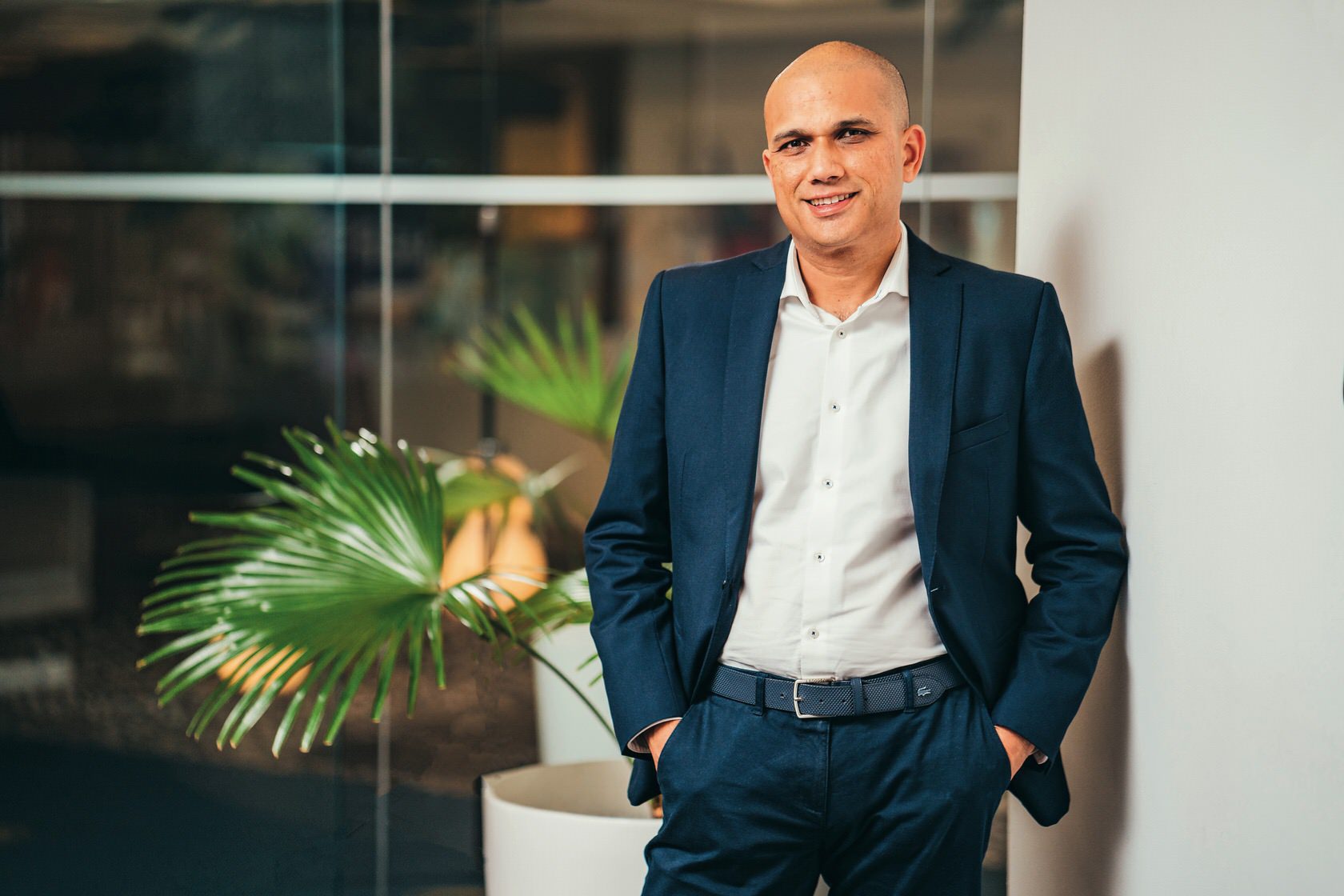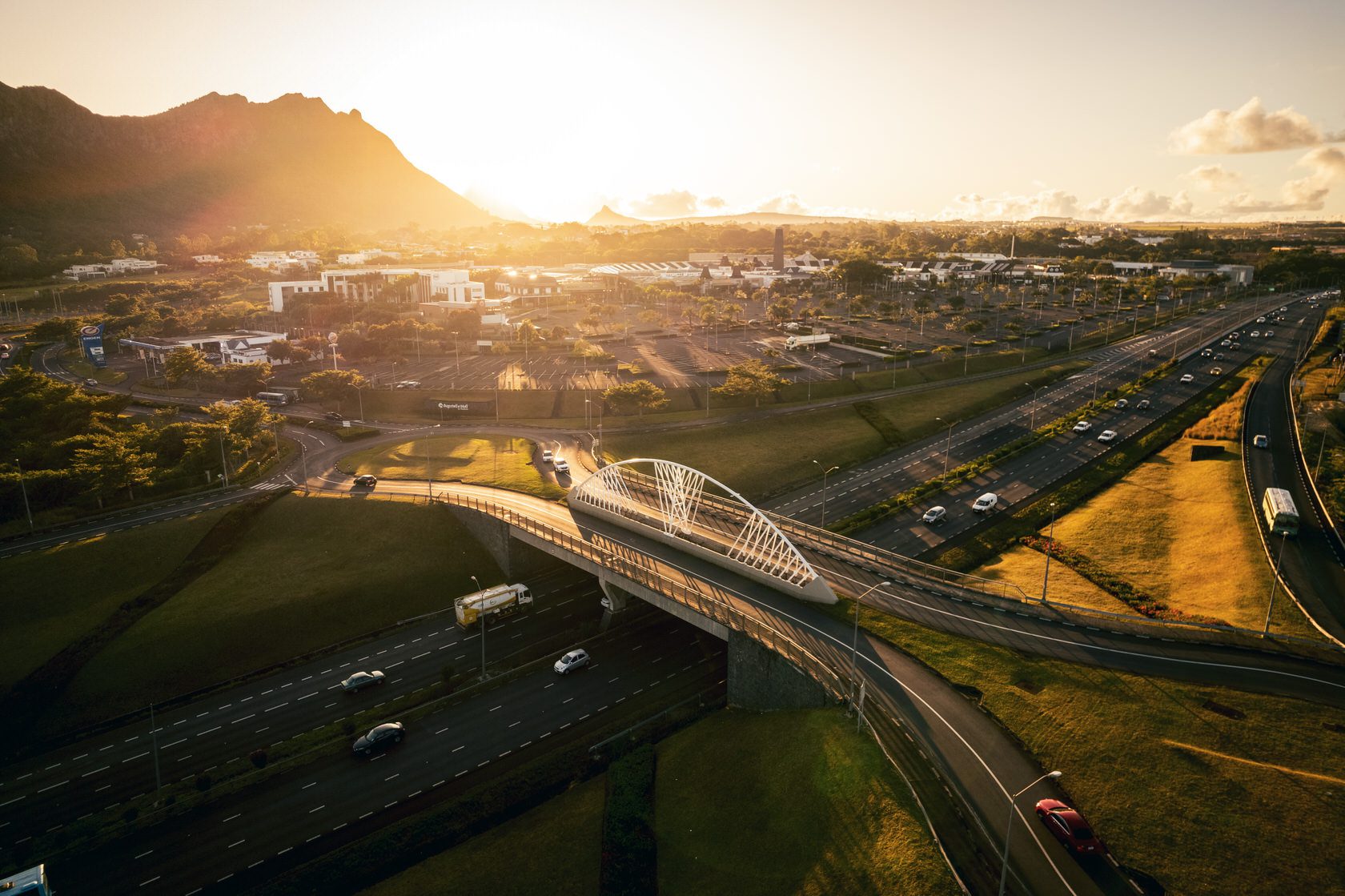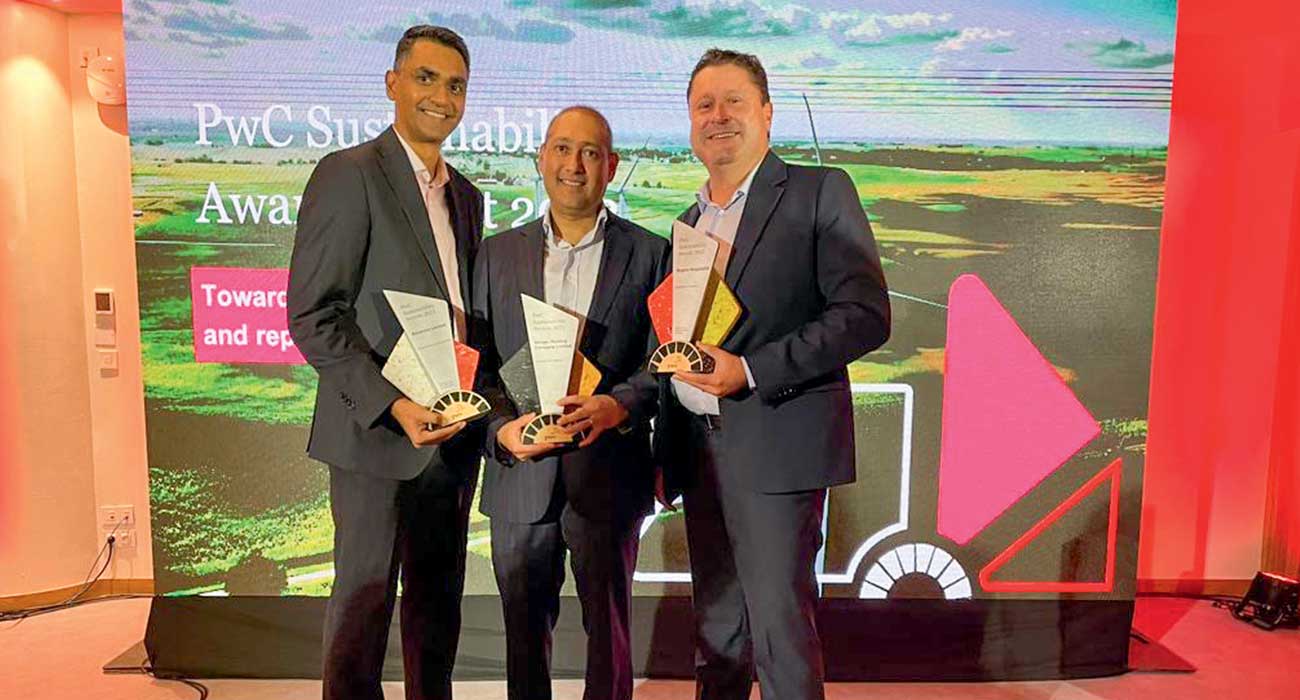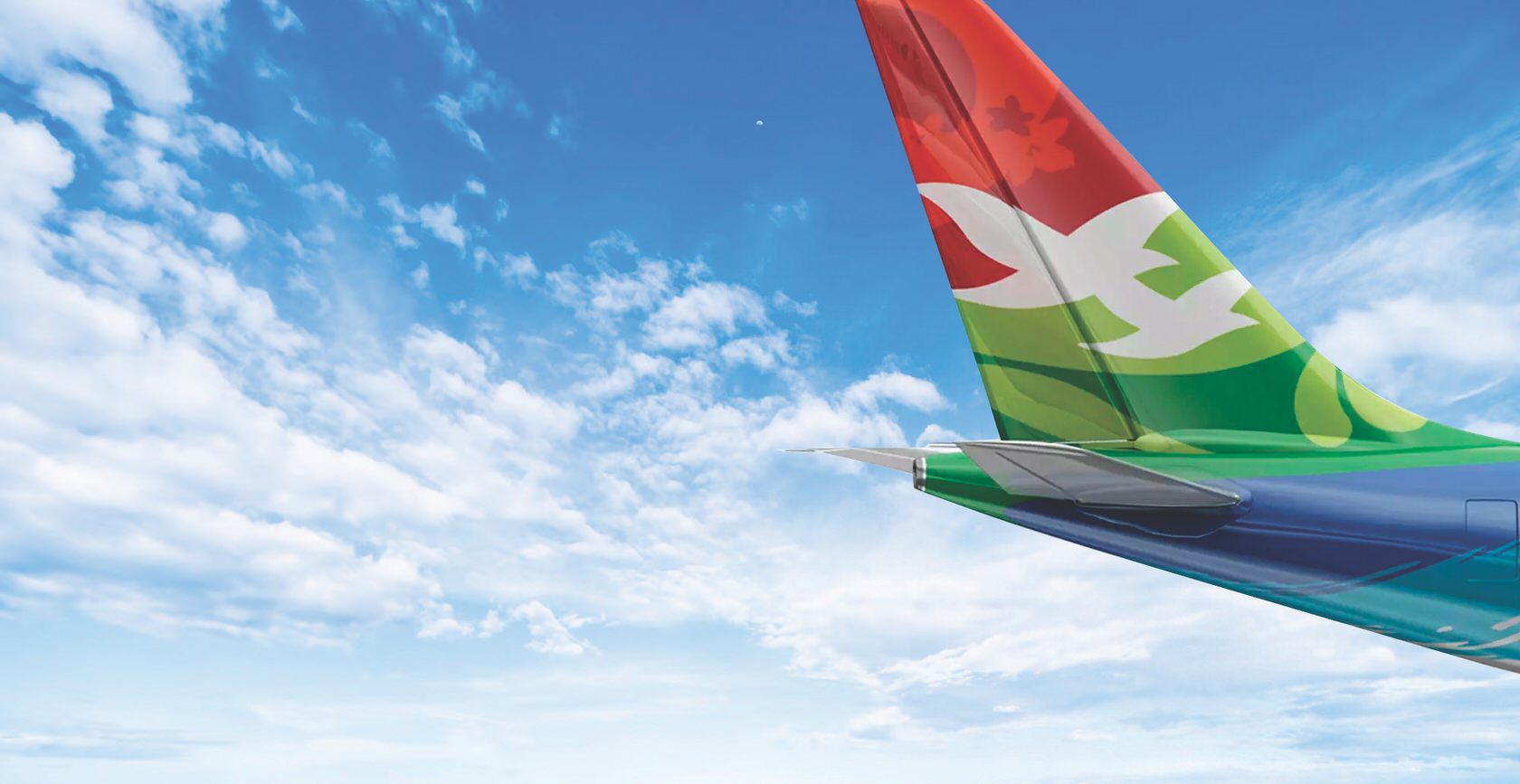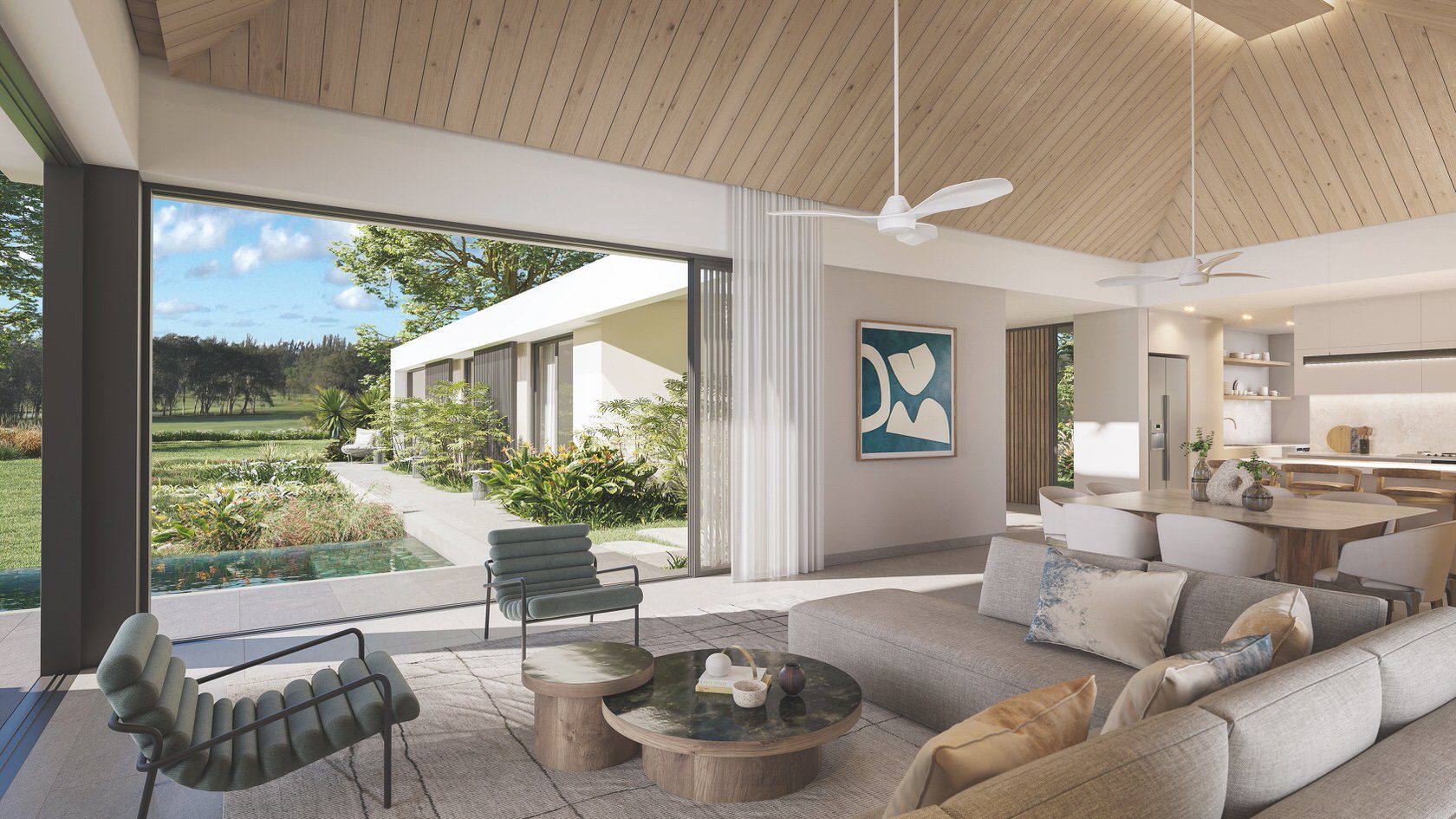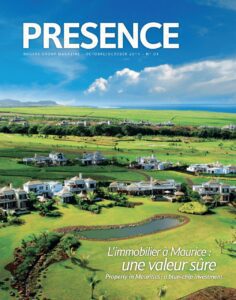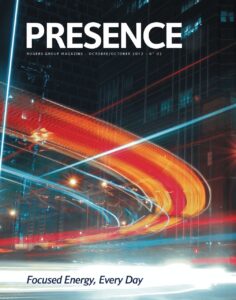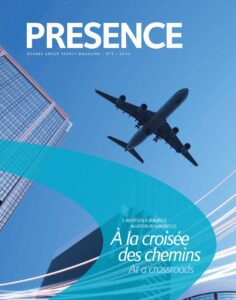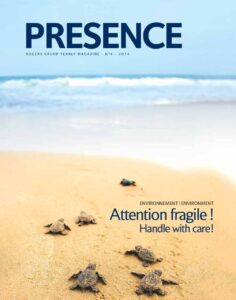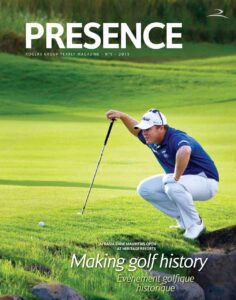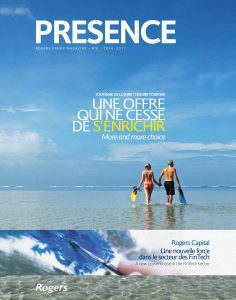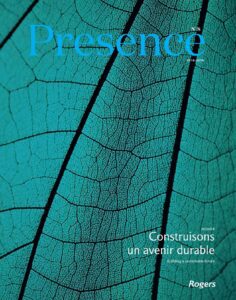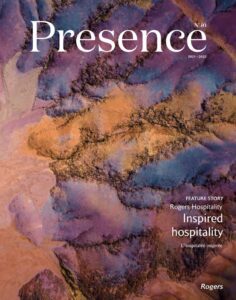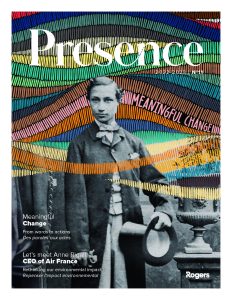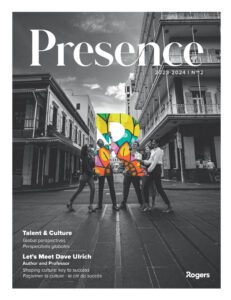JULIUS AKINYEMI, RESIDENT ENTREPRENEUR, MIT MEDIA LAB
After participating in the Women’s Forum Mauritius, Julius Akinyemi was invited by Rogers to visit the Domaine de Bel Ombre to find out more about the Rogers’ Interactive Land & Marine Resource Centre project. He is evidently keen on supporting this ambitious endeavour.
What did you take away from your participation at the Women’s Forum Mauritius?
I’m hopeful. There are so many women that are doing great and wonderful things, especially from an innovation point of view. For us Africans in general, men and women, there’s always a fear to take risks because our culture punishes failure as opposed to accepting it. For me, to see women who are putting all that behind them and trying and innovating and not letting any obstacle get in their way, it gives me hope that Africa has the potential not only to do better but also has the human capital required. What I think we need to continue to do is to educate ourselves across the continent, some of the things that these women are already doing. They have overcome hardship, they have gone where people think that there are obstacles for them, they have taken the risk, and I think that is critical. At the same time, some of them have failed along the way but they did not let that failure deter them from continuing.
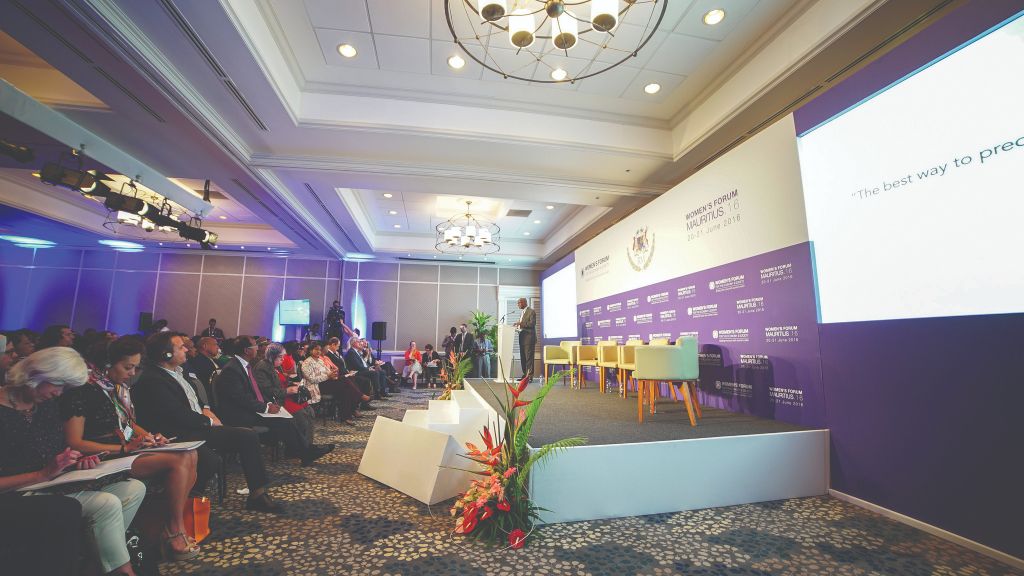
You also had the opportunity to attend the presentation of Rogers’ Interactive Land and Marine Resource Centre during the forum. What do you think of the project?
I think the project is fantastic. When it was presented to me, I was absolutely amazed by its impact and extent. The project is very ambitious, which I think is admirable and it is at the same time addressing one of the key issues of the day in terms of environmental sustainability. For Mauritius, and specifically the Rogers Group, to be able to look at this and take it on is commendable. I hope that I can lend my support in any possible way to help bring this to fruition because I believe it would be a good example of Mauritius doing something bigger than anyone would ever have thought possible and also tackling a key global problem in an area where most countries are afraid of even trying. It’s looking at this from the angle of “We are taking a risk. Let’s be innovative in what we need to do.” This is a global issue and being a leader in solving it is absolutely commendable and it is something that I personally admire.
At the conference, you urged the audience not to sit still and wait for things to happen…
I said that in the sense that in order to more accurately predict the future, we need to invent it, which is a quote from Alan Kay. What I meant is that we Africans and SIDS do not need to wait for somebody to solve our problems. It is basically saying that we know what we want for our future and the only way we can get there is by creating it ourselves. And this project fits perfectly well with that even though I didn’t know about it when I said that. This is a good example of taking the lead by saying, “I am not going to wait for people. Here is what I need to do and, even if it contains a lot of risk, I will just go ahead and do it anyway.” I strongly believe it is going to be a very successful one because, by taking the lead, everybody else will come and pitch in and we will get there.
What according to you are the key factors for success?
The project as such is a humongous one. Getting the right resources in terms of funding would be one of the challenges to overcome and then, more importantly, getting the right people to work with them in terms of core competencies. Those two challenges could however be overcome easily because it is something that everybody believes has to be done and, by taking the lead in moving forward, it basically signals to the rest of the world that we are ready, we are not going to wait for anybody, we will create our own future by starting to build it now. Because of that, everybody will rally round and move forward with the project, so that’s what I see in it in terms of us building our own future as opposed to waiting for somebody else to build it for you. In most cases, when they build it for you, you don’t get what you want anyway, so you might as well build it yourself, then you get exactly what you had in mind.
Where can those resources be found?
When you look at a small island state, because of the size, you expect a limited amount of resources in terms of core competencies. One of the things to do is to bring in top-notch researchers and students not just from the other islands but also from some of the best schools in the world. We will reach out to them and make sure we have the right people. Mauritius is a great place for anybody to come to. It’s my first time here and I have loved every second of it. I think for anyone to have an opportunity to spend time here to do some research work would be a privilege. And we are at a point in time where we can leverage that asset in order to attract the best minds to help solve the problems. I believe we do not have to go too far before we find the right people.
PORTRait
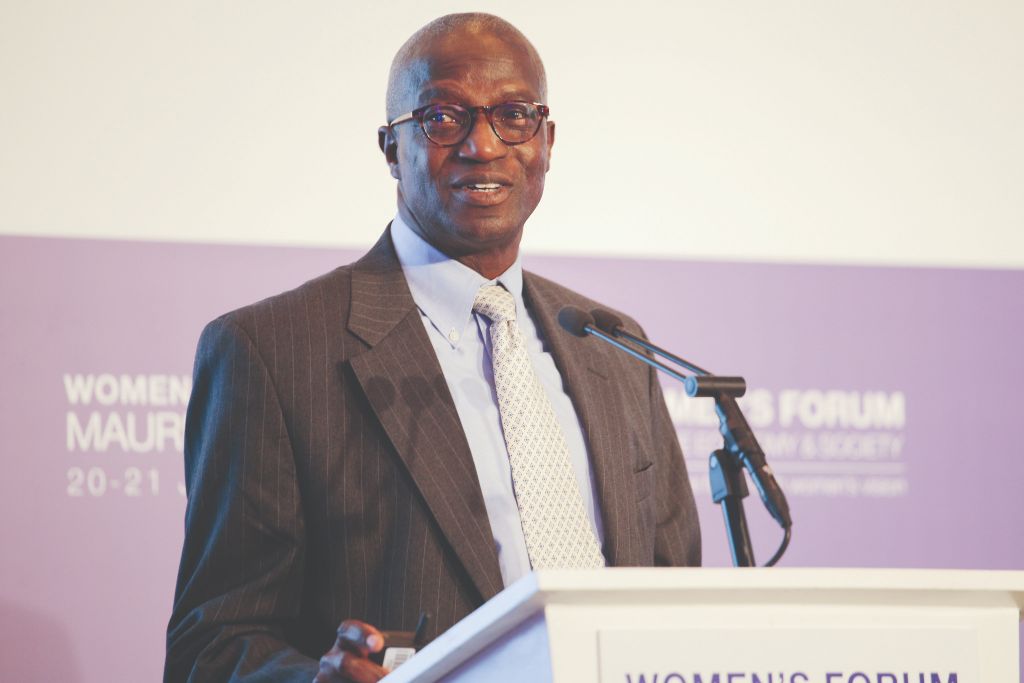
“If you don’t fail, you haven’t tried enough”
A Nigerian by origin, Julius Akinyemi has been an entrepreneur-in-residence since 2008 at MIT Media Lab, an interdisciplinary research laboratory at the Massachusetts Institute of Technology in the United States devoted to projects at the convergence of technology, multimedia, sciences, art and design. He is the founder and CEO of UWINCorp Inc, focusing on creating an environment to help African countries unleash the wealth that lies in the dormant assets of the continent through an electronic registry of assets and a mobile commodity exchange to enable their trade. “You then give those people a name, a presence in the national marketplace. We are including them in the formal financial transactions sector and by so doing, they create wealth and can grow their wealth.” Julius has also been a member of the United Nations ICT Task Force and has held top-level IT positions with PepsiCo, PanAm, and Wells Fargo, among others. “Because of this diverse background, I have learnt a lot in the sense that the value you bring to the community as a whole is the accumulation of what you have learnt and perfected. Over the years, what I have learnt is that you cannot be complacent with what you have achieved. You must keep on reaching for new heights.” He also believes that one has to take the risk of doing new things and doing them differently. “Failure should not be taken as something to punish; failure should be taken as something to perfect and as a matter of fact, at MIT Media Lab, we tell our students that they better fail and fail fast, then recover – because, if you don’t fail, you haven’t tried enough, which means you haven’t pushed yourself enough.”

